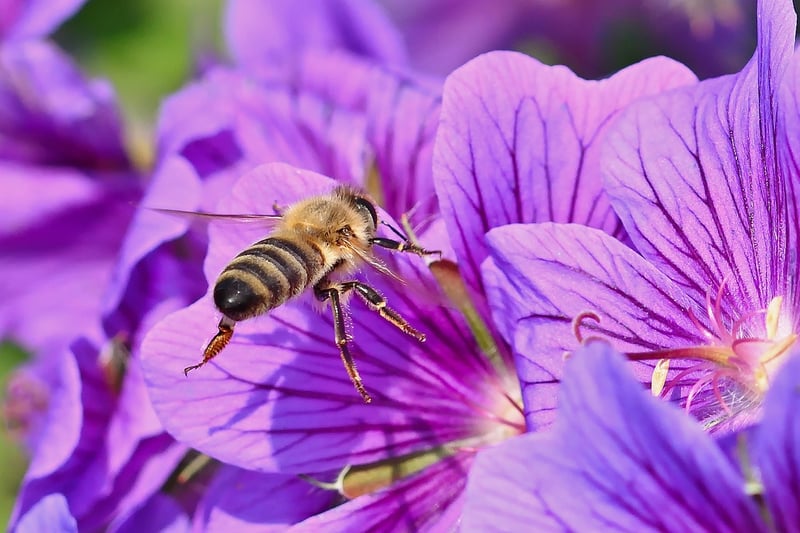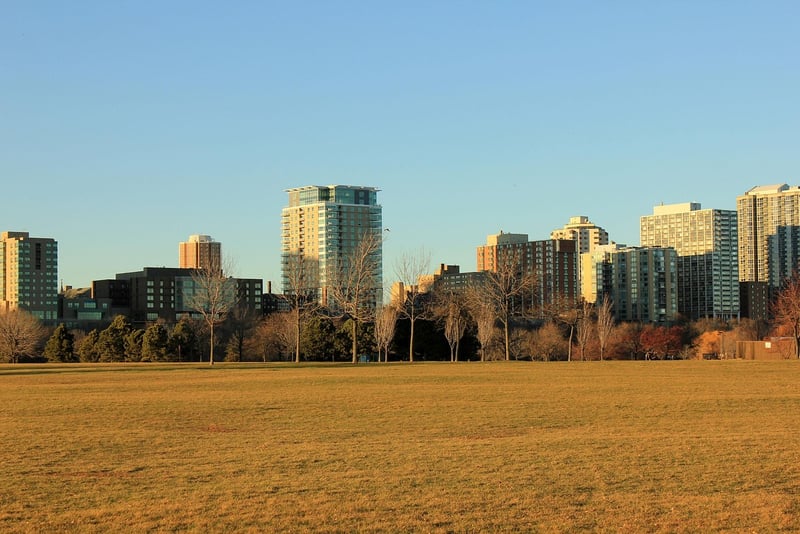Beekeeping
Attracting Wildlife to Urban Areas and the Benefits of Beekeeping
Introduction
Urban areas can sometimes feel disconnected from nature, but there are steps we can take to attract wildlife back into our cities. One way to do this is through beekeeping, which not only benefits the environment but also provides an opportunity for city dwellers to engage with nature in a meaningful way.
Benefits of Attracting Wildlife to Urban Areas
1. Biodiversity: By creating habitats for wildlife in urban areas, we can increase biodiversity and support ecosystems that may have been disrupted by urban development.
2. Pollination: Wildlife, especially bees, play a crucial role in pollinating plants, which is essential for the growth of flowers, fruits, and vegetables.
3. Education: Attracting wildlife to urban areas provides an opportunity for people to learn about different species and their importance in the ecosystem.
Beekeeping in Urban Environments
Beekeeping is a rewarding hobby that can be practiced even in urban environments. Here are some benefits:
1. Pollination: Bees are excellent pollinators, making them essential for urban gardens and green spaces.
2. Honey production: Urban beekeepers can harvest their own honey, providing a sustainable source of this natural sweetener.
3. Community engagement: Beekeeping can bring communities together, fostering a sense of shared responsibility for the environment.
How to Attract Wildlife to Urban Areas
- Plant native flowers and shrubs to attract bees, butterflies, and birds.
- Provide water sources like bird baths or small ponds for wildlife to drink from.
- Install bird feeders and houses to encourage birds to visit urban areas.
- Create habitat piles using leaves, logs, and rocks to provide shelter for small mammals and insects.
Conclusion
By taking simple steps to attract wildlife to urban areas and engaging in activities like beekeeping, we can create more sustainable and vibrant cities. These efforts not only benefit the environment but also enrich our lives by connecting us with the natural world around us.


